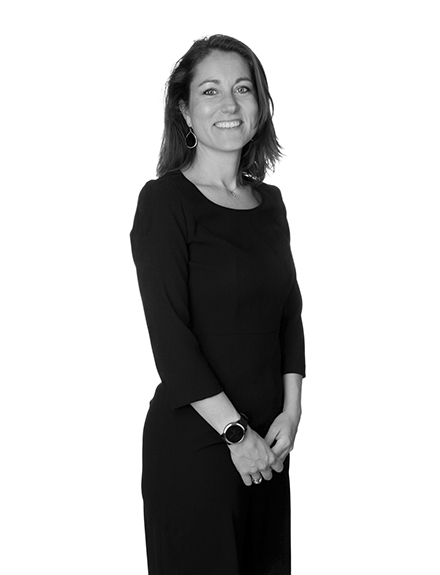| marie-hélène le ny |
|
photographiste |
|
The ‘Queen Bee phenomenon’ is about women who have achieved positions of power and don't feel that they need to help other women to get where they are – they sometimes even do the opposite! We show that it is a survival tactic that is used by ambitious women who work in situations where there is the assumption that women can't do what men can do. So in order to get ahead there you have to act very masculine and distancing yourself from other women may be an advantage. In order to increase gender equality, it is good to also be yourself and change things! Research shows that when it comes to promoting men and women, men get the benefit of the doubt and women are seen as risks! It would be very useful to add gender lessons in all the specialities of universities. We have done a study to look at what are the divisions of work between parents, and what are the ‘implicite gender stereotypes’ of their children. To create a more equal society, we have to improve male participation in domestic tasks and to institute a paternal leaves that is paid!" |
|
||
|
Belle
Derks, |
|||
|
|
|
|
